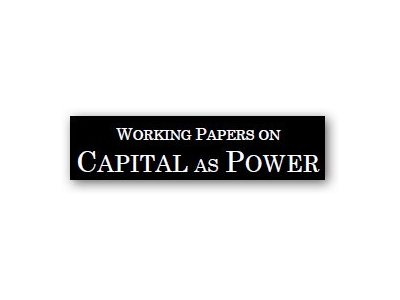The Aggregation Problem: Implications for Ecological Economics
Fix, Blair.
(2018).
Working Papers on Capital as Power. No. 2018/03. May. pp. 1-16.
(Article - Working Paper; English).
 | There is a more recent version of this eprint available. Click here to view it. |
![[img]](http://bnarchives.yorku.ca/543/1.hassmallThumbnailVersion/20180500_fix_the_aggregation_problem_wpcasp_front.jpg)
|
Cover Image
20180500_fix_the_aggregation_problem_wpcasp_front.jpg Download (8kB) | Preview |
|
|
PDF (Full Text)
20180500_fix_the_aggregation_problem_wpcasp.pdf Download (1MB) | Preview |
Alternative Locations
http://www.capitalaspower.com/2018/05/2018-03-fix-the-aggregation-problem/
Abstract or Brief Description
This article discusses the aggregation problem and its implications for ecological economics. The aggregation problem consists of a simple dilemma: when adding heterogeneous phenomena together, the observer must choose the unit of analysis. The dilemma is that this choice affects the resulting measurement. This means that aggregate measurements are dependent on one’s goals, and on underlying theory. Using simple examples, this article shows how the aggregation problem complicates tasks such as calculating indexes of aggregate quantity, and how it undermines attempts to find a singular metric for complex issues such as sustainability.
Language
EnglishPublication Type
Article - Working PaperKeywords
aggregation GDP capital stock natural capital sustainability indexesSubject
BN MethodologyBN Data & Statistics
BN Ecology & Environment
BN Growth
Depositing User
Jonathan NitzanDate Deposited
31 May 2018 21:57Last Modified
31 May 2018 22:26URL:
http://bnarchives.yorku.ca/id/eprint/543Available Versions of this Item
- The Aggregation Problem: Implications for Ecological Economics. (deposited 31 May 2018 21:57) [Currently Displayed]
Actions (login required)
 |
View Item |

